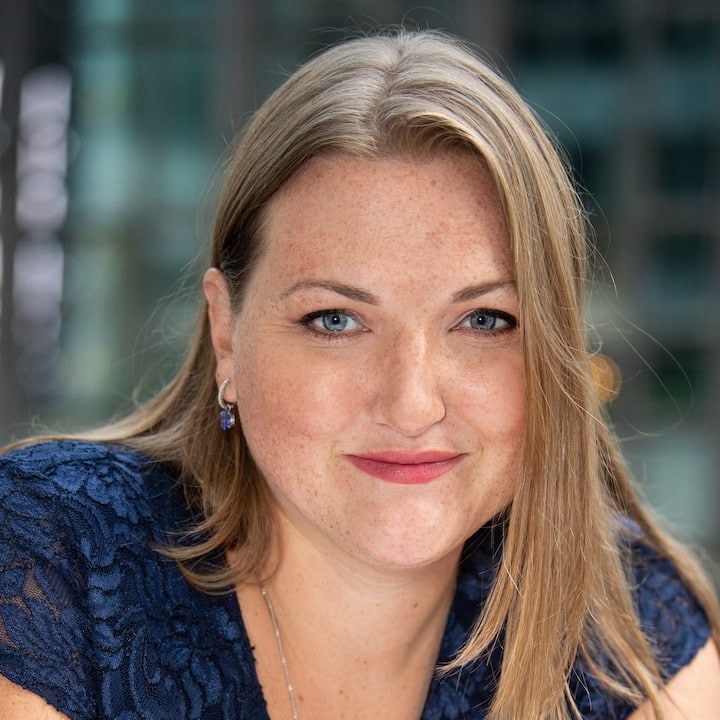Everything you need to know to about making your first investments…
When you look at the news (and who isn’t constantly checking these days?) you’ll find endless articles on people who are thriving financially. Whether it’s people like Elon Musk, Jeff Bezos and Jack Ma who’ve built huge money-making companies, successful investors like Warren Buffet or the folks getting rich on Game Stop and BitCoin, there always seems to be someone making a lot of money somewhere through their investments. So how does it work, and how can you get a slice of the action without losing your shirt?
Put simply, an investment is an asset or item that is purchased with the hope that it will generate income or increase in value at some point down the line. This covers everything from stocks to hedge funds, antiques and diamonds. The world of investment is a jargon-filled place and can be very intimidating for newcomers. So to help you get started, we’re bringing you this beginner’s guide to investing straight from an expert.
Read more: How To Manage Your Money During An Economic Downturn

Gauge How You Feel About Risk
The fundamental thing about investments is that they involve risk. There is always the chance you might lose some, or all, of your investment. Past performance is no indication of future performance, so before you invest, you need to have a clear idea of how much you are willing to risk losing and what your exit strategy is.
Risk And Rewards
In general, the more rewards you want to make, the more risk you will need to take. That is why the potential profit on a long-term time deposit is much less than winning at the roulette tables in Macau.
We all have different attitudes to risk based on our understanding of investments, level of wealth and experiences. Someone who grew up seeing their parents struggle financially might want to have a larger emergency fund and take less risks with their money than someone from a well off family. Similarly, someone who is just starting their career would have a long time to invest for their pension but might also feel apprehensive about losing any money when it makes up a large part of their total wealth.
Most financial institutions will have a risk profile questionnaire, and it is vital that you take one of these before investing. A quick search online brings up hundreds of them, and I would advise that you take a couple to properly gauge how you feel about risk vs reward. This will put you in a good position to look for an investment that suits your risk level.

Have An Emergency Fund
When looking at investments, the thing you should do is determine how much you can actually afford to invest. I recommend setting aside an emergency fund of three to six months of your outgoings to ensure that you have a buffer if your investments were to ever go south. If you have a lot of financial commitments or work in an unstable industry, you might only feel in control if you have a year of your spending in the bank.
Set Your Investment Time Frame
If this is money you are saving for a specific event then you need to make sure that your investment strategy aligns with your goals. Money saved for retirement in 40 years has much more time to fluctuate up and down as compared to an investment of your bonus to pay for a big expense in the short term.

Start Small
Taking the plunge and making your first investments can feel overwhelming. If you are making and managing your own investments, make sure you pick an asset class you understand and can explain to others. It will also be easier mentally to invest a little at a time but often, rather than putting all your savings into one portfolio at the same time.
Don’t Put All Your Eggs In One Basket
A way of reducing your overall risk is to spread your investments around. This is called diversification and is a very important part of building a portfolio. Diversification can include investing in different companies, geographical locations, asset classes and fund managers.
Look At Your MPF
One good way to get started is to examine the investments that you already have. Many people just tick a couple of boxes when they start a job and then never look at their MPF again. The number of people I’ve met who are very savvy with their investments but have never looked at their MPF is always a shock to me. This is money that you are paying each month into a retirement investment which your company adds to. Make sure that you are invested in something that will help you reach your long-term goals.
Read more: MPF 101 – How To Make The Scheme Work For You

Review Often But Not Too Often
New investors can get extremely anxious. They typically either check their investment compulsively or not at all. If you are expecting a slow increase in your investment over a long time frame, checking it every hour is not going to help you. On the other hand, if you are aiming to invest in a stock for a very short-term potential gain, you need to keep an eye on it to make sure you get in and out at the right moment. You also need to make sure that your investments continue to evolve with you and your goals.
How To Get Started
Most banks will help you to set up an account for trading stocks, bonds, ETFs (exchange-traded funds) and mutual funds. They frequently also have apps that make this simple. Alternatively find a financial advisor who can help you to set up an account that matches your risk profile.
It’s a good idea to sit down with someone you trust who can talk you through your current financial situation, help you set realistic goals and work out a strategy to reach them. Look for someone who makes you feel listened to, can explain complex investments in a simple way and is patient enough to make sure you completely understand what you are investing in. You also need to be able to ask any questions without being made to feel silly. Remember, this is your money and you have worked hard to get it.
Featured image courtesy of Tin Iglesias for Sassy Media Group, image 1 courtesy of Pixabay via Pexels, image 2 courtesy of mapodile via Getty, image 3 courtesy of vgajic via Getty, image 4 courtesy of Nataliya Vaitkevich via Pexels.





 Eat & Drink
Eat & Drink



 Travel
Travel



 Style
Style



 Beauty
Beauty



 Health & Wellness
Health & Wellness



 Home & Decor
Home & Decor



 Lifestyle
Lifestyle
 Weddings
Weddings









